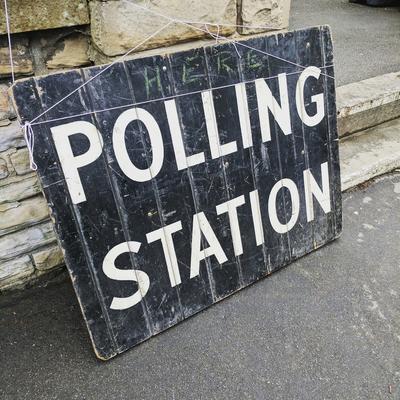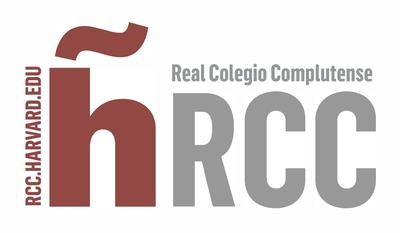Date:
Location:
Democracy implies participation by the public, whether through elected representatives or directly by the people themselves. Such participation may be exercised in different ways, depending on people´s entitlements. The right to vote is the first and most important of these, but it is not the only one. Direct democracy also creates opportunities for citizens to contribute to the decision-making process.
 In the USA, initiatives and referenda are two mechanisms for direct democracy, which allow voters to play an active role in the legislative process. An initiative allows citizens to enact legislation which bypasses the representative process. A referendum enables voters to decide for themselves whether legislation passed by their representatives should be enacted. By means of these two mechanisms, citizen participation supersedes representation in decision-making.
In the USA, initiatives and referenda are two mechanisms for direct democracy, which allow voters to play an active role in the legislative process. An initiative allows citizens to enact legislation which bypasses the representative process. A referendum enables voters to decide for themselves whether legislation passed by their representatives should be enacted. By means of these two mechanisms, citizen participation supersedes representation in decision-making.
The majority of the states in the USA make provision for these mechanisms at a local level, and this empowers citizens to participate in the decision-making process. It also gives rise to direct legislation (i.e. legislation by initiative or by referendum) at a municipal level.
This talk aims to analyse the foundations, legal framework, scope and repercussions of local-level direct democracy procedures as legal mechanisms intended to engage citizens in the law-making process in the USA. A comparison with the Spanish legal system and participatory democracy institutions at a local level in that country will frame the approach to the American legal system and its institutions regarding direct democracy.
Speaker: María Jesús García García, RCC Fellow, Visiting Researcher at the Ash Center for Democratic Governance and Innovation at Harvard Kennedy School
